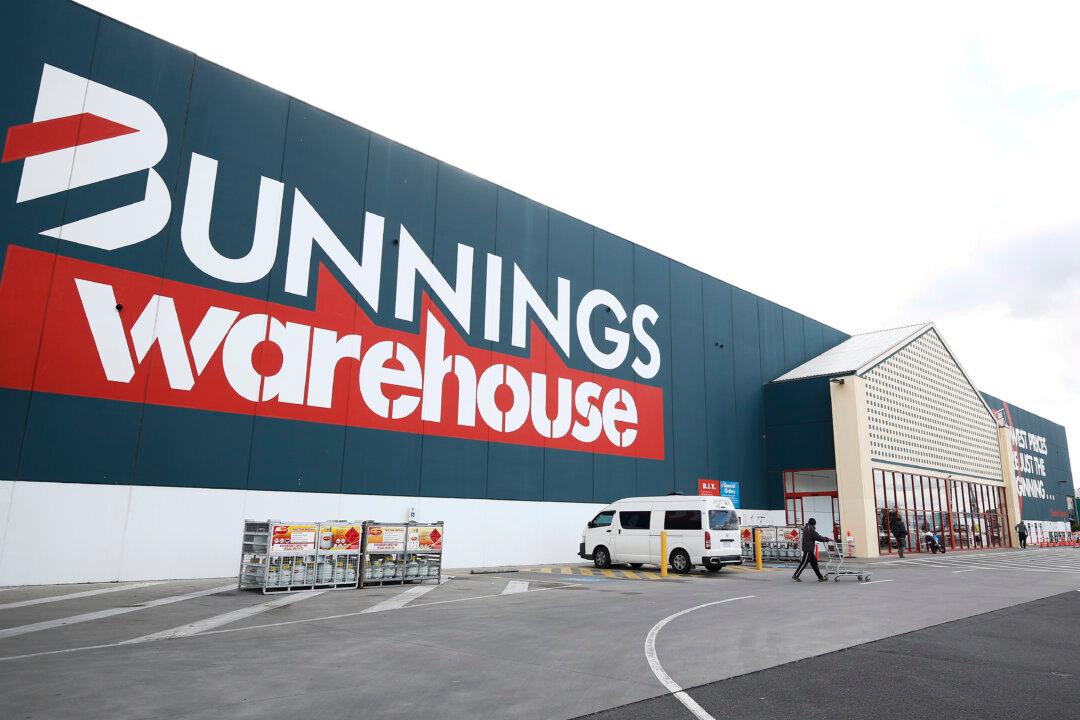A two-year investigation has led Australia’s privacy commissioner to issue a landmark finding against the country’s largest hardware retailer, Bunnings, for using facial recognition technology in 387 stores without informing customers.
“Individuals who entered the relevant Bunnings stores at the time would not have been aware that facial recognition technology was in use and especially that their sensitive information was being collected, even if briefly,” Australian Privacy Commissioner Carly Kind said.





